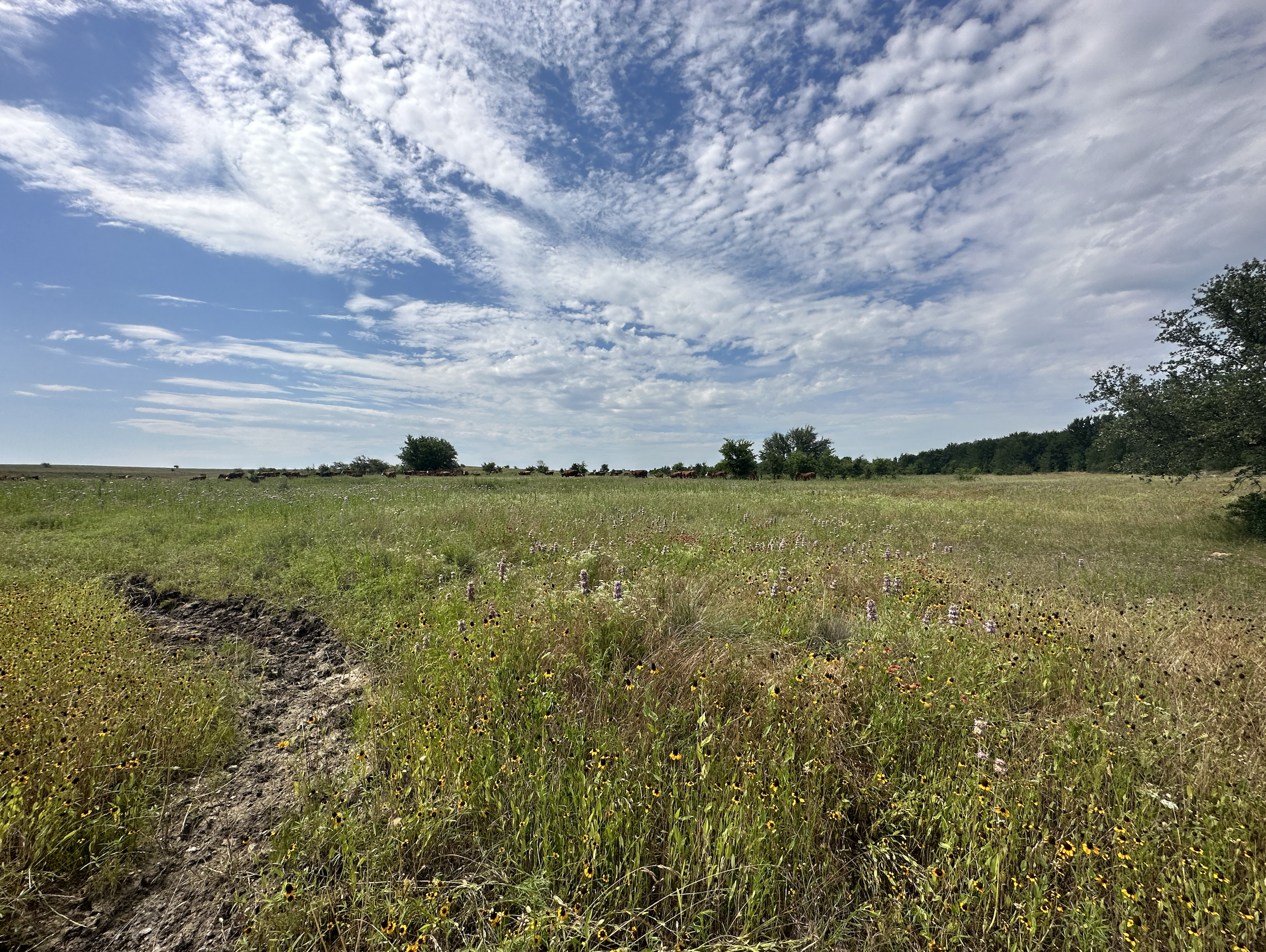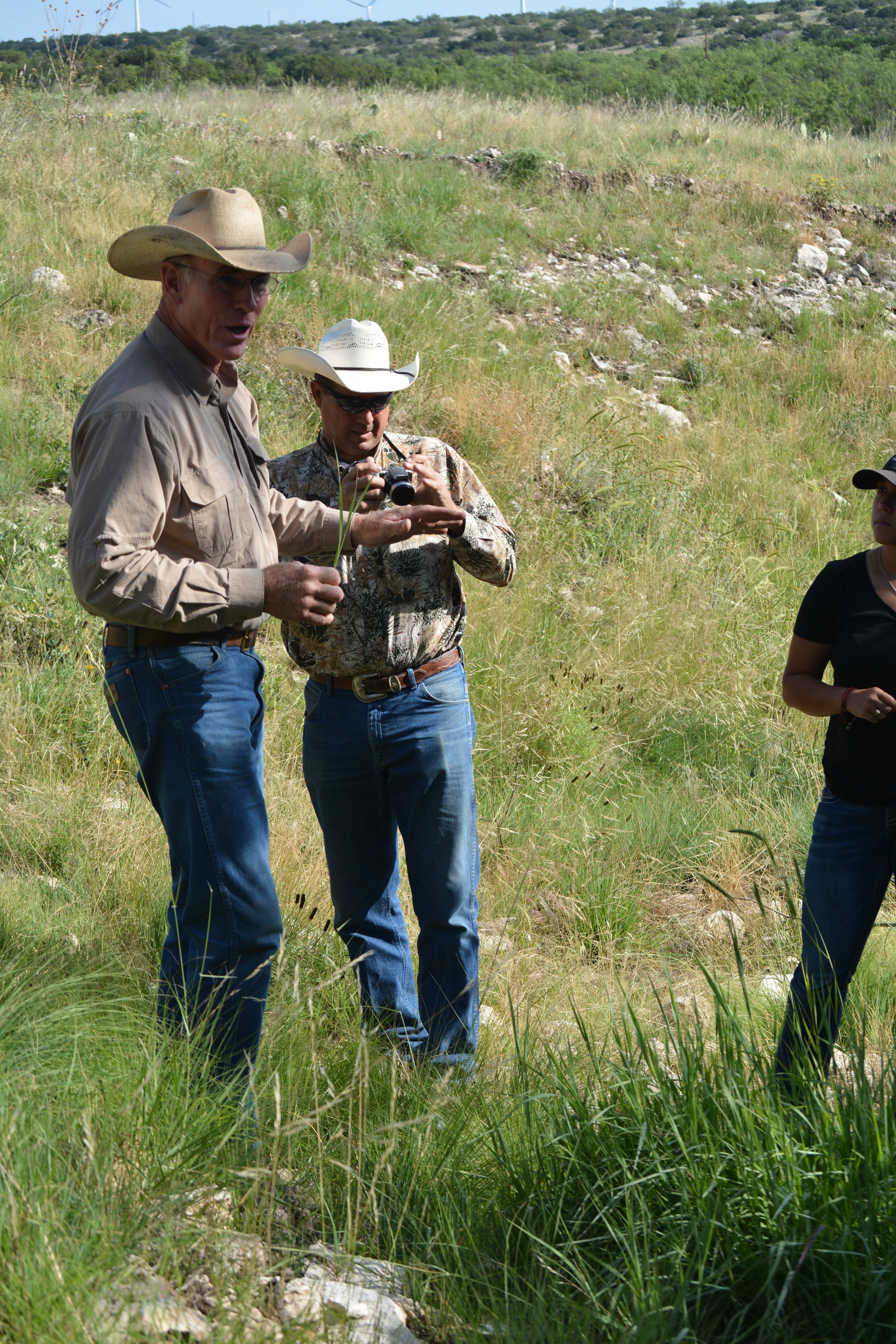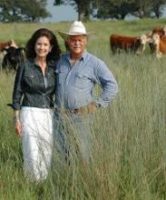 “Anybody can love the mountains, but it takes a soul to love the prairie.” — Willa Cather
“Anybody can love the mountains, but it takes a soul to love the prairie.” — Willa Cather
Since the 1800s, North Americans have historically overlooked the significance of grasslands. With centuries of farming, ranching, energy development and suburban growth, grassland protection and conservation have been pushed aside.
 rice Ranch was recognized for their range management when they were presented the Outstanding Rangeland Stewardship Award by the Texas Section, Society for Range Management and Texas and Southwestern Cattle Raisers Association. And it was recognized as a 2013 regional Environmental Stewardship Award Program (ESAP) winner during the 2013 Cattle Industry Summer Conference.
rice Ranch was recognized for their range management when they were presented the Outstanding Rangeland Stewardship Award by the Texas Section, Society for Range Management and Texas and Southwestern Cattle Raisers Association. And it was recognized as a 2013 regional Environmental Stewardship Award Program (ESAP) winner during the 2013 Cattle Industry Summer Conference.